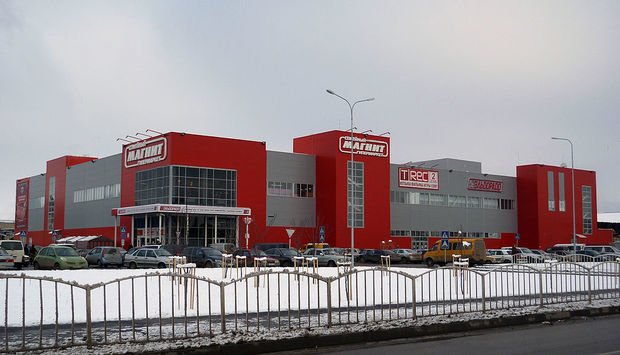Russian consumers ''promo addicted''
People in Russia stay sensitive to discounts and promotions offered by retailers. Such a behaviour pattern indicates a lack of consumer confidence caused by a protracted contraction of real disposable incomes. As a result, retailers have to make greater and greater discounts leading to a decrease in profitability of the country's consumer industry.
Russians are still hooked on shopping habits that got them through the country's worst recession this century, claims Bloomberg. Sberbank CIB's latest survey of the typical shopper showed that the share of ''promo-addicted'' Russians totalled 60% last quarter. Promo actions seemed to be a simple bait during the crisis, considers Marat Ibragimov, senior analyst at BCS Financial Group. ''Consumers were keen to take advantage, and there are now categories of shoppers who actively keep an eye on discounts, ready to buy goods only if offered promos. Retailers have become victims of their own laziness.''
Retail businesses are now trying to find a balance between preserving profits and attracting customers. Retail sales' annual growth has been mostly below 3% since expansion resumed. CEO of Lenta Ltd. retail chain Jan Dunning said last month that price declines had only started to ease since October 2017. Russians remain ''very sensitive to prices and very dependent on promotional activity,'' believes the retailer.
Enormous discounts are keeping the consumer industry less profitable than it was before the economic crisis. The EBITDA of Magnit PJSC declined to about 8% in 2017, compared with over 11% in 2014. The indicator also remains below its 2014 level for X5 Retail Group NV, Russia's biggest retailer.

Even a year and a half of gains in wages and low inflation don't change consumers' behaviour, as real disposable incomes of the population have continued to contract almost uninterrupted since the end of 2014. ''We are still observing only a recovery in growth of consumer confidence, which is making up for losses that started at the end of 2014,'' states a recent report of the Higher School of Economics. ''It may take significant time for the index to register high consumer activity.''
According to a poll conducted by inFOM for the Central Bank in January, almost two-thirds of respondents claimed that their financial situation hadn't changed in the past 12 months, and nearly a half expected little difference in 2018. Another poll by the Levada Center found that 59% of Russians consider 2018 to become ''tense'' for the economy. Bloomberg supposes that Russia's GDP will grow by 1,8% this year after a disappointing 1,5% in 2017. The International Monetary Fund estimates that the country's GDP will increase twice slower that world output in 2018.